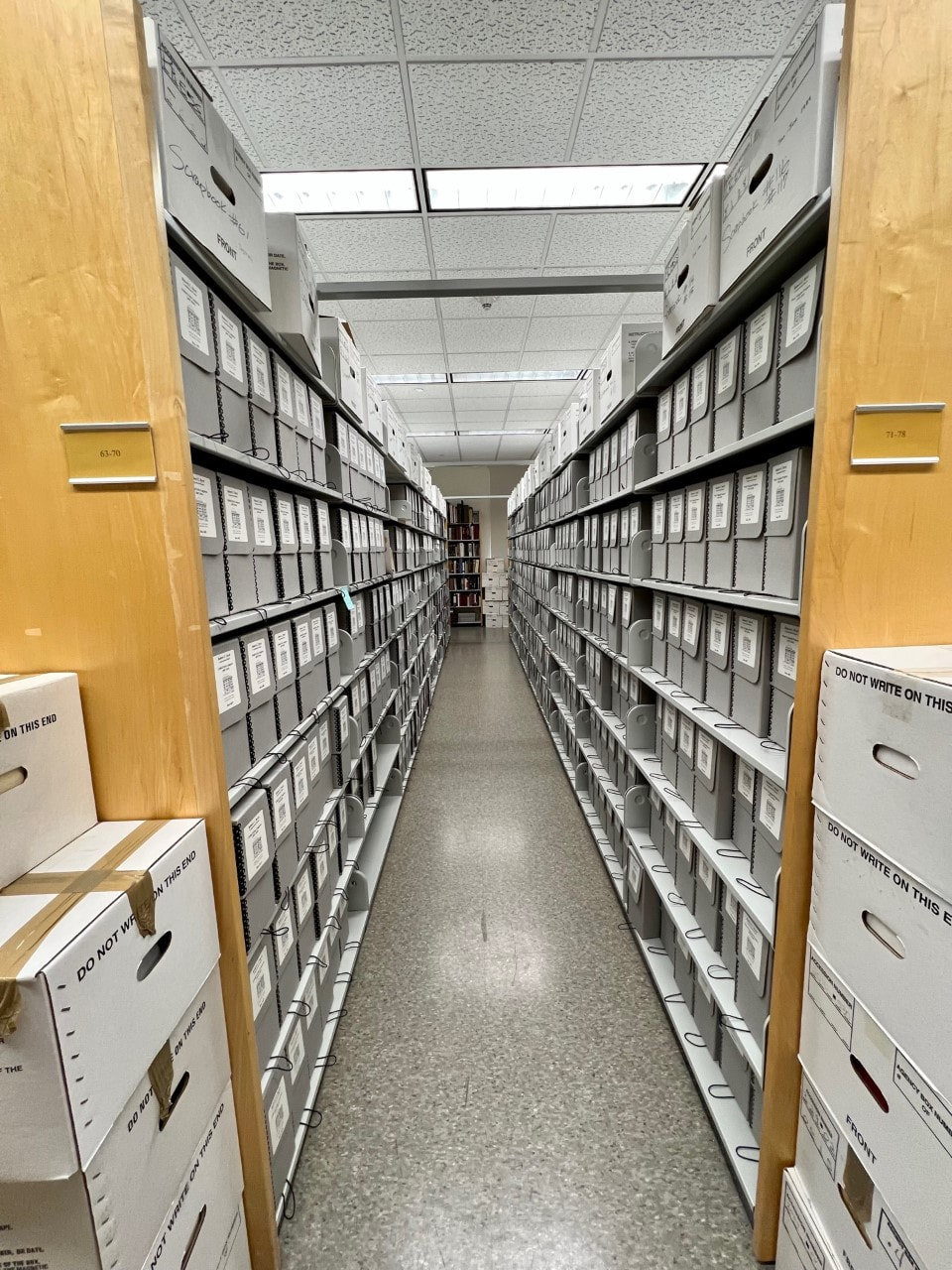|
By Ray Smock
I am happy to report that the $1.7 trillion Omnibus bill just passed and signed into law contains $2 million for competitive grants related to the processing and preservation of Congressional Papers. It was twenty years ago that the Byrd Center hosted a meeting of congressional scholars, current and former members of Congress, and others to form a new association: The Association of Centers for the Study of Congress (ACSC). I served as its first president, and later Jay Wyatt, my successor as Director of the Byrd Center, also served as president. There are about 50 organizations nationwide that specialize in archives related to the papers of former members of the House and Senate. The Byrd Center contains the congressional papers of five West Virginia members of Congress, the Senate Papers of Robert C. Byrd, and the House Papers of Harley Staggers, Sr, Harley Staggers, Jr., Robert Mollohan, and Alan Mollohan. Collectively the Byrd Center contains a rich story of West Virginia and national political issues covering more than 60 years. Many of us in the ACSC have long sought a regular appropriation for the preservation of these collections so they could be made available for public research. It has been fourteen years since Congress passed H. Con. Res. 307, which stated that members of the Senate and House should save their papers and make them available to the public for research. It is a neglected part of our national documentary heritage. While some collections have been funded over the years through earmarks, (and I am certainly not opposed to seeing them continue), preserving these collections should be recognized as essential to telling the story of American representative democracy. This $2 million will be administered by the National Historical Publications and Records Commission, an independent agency affiliated with the National Archives and Records Commission. (NHPRC). It will be up to the NHPRC to develop a competitive program and announce it to the public. I hope this will be the beginning of regular appropriations for this purpose. Congress remains the least studied of the three branches of government. The material in the Byrd Center and in other such places across the country represent a national treasure of state and national history, and the raw material for many research projects, books, and biographies. Comments are closed.
|
Welcome to the Byrd Center Blog! We share content here including research from our archival collections, articles from our director, and information on upcoming events.
Categories
All
Archives
July 2023
|
Our Mission: |
The Byrd Center advances representative democracy by promoting a better understanding of the United States Congress and the Constitution through programs and research that engage citizens.
|
Copyright © Robert C. Byrd Center for Congressional History and Education
|


 RSS Feed
RSS Feed
